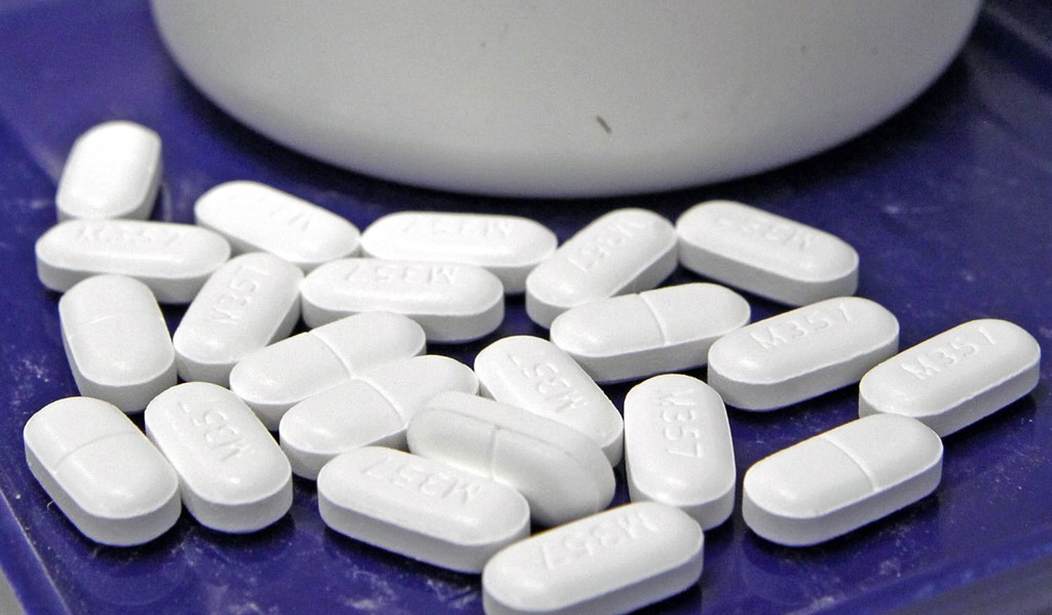A letter to the editor of the New England Journal of Medicine back in 1980 is thought to have been the nudge that set the opioid crisis in motion. The letter claimed only four addictions were documented out of nearly 40,000 patients who were prescribed powerful opioid pain pills. The article arguing addiction to prescription opioids is rare has been cited 600 times -- often incorrectly. Doctors and drug makers used this as evidence that it was safe to prescribed opioids to more patients with chronic pain.
Fast forward nearly 40 years and it has become clear that opioids can be dangerous in the wrong hands. There is also significant risk of diversion to the illicit market. After states began closing down so-called “pill mills,” heroin and fentanyl began flooding the US to take the place of the prescription drugs that were no longer available. Whole regions of the country have been hard hit by prescription drug abuse, including large areas of Appalachia. Other diseases also tend to accompany IV drug abuse, including as Hepatitis C and HIV.
I became aware of the 1980 letter on Real Clear Health. Notice the stock photo on the page linking to the article (AP Photo credit Mary Altaffer). It’s not an opioid pain reliever, it’s Bextra. Bextra is a pain reliever from a class of selective cyclooxygenase-2 inhibitors known as COX-2 Inhibitors. That photo got me to thinking: The opioid crisis isn’t just due to a letter to a medical journal back in 1980. It is also due to risk aversion at the U.S. Food and Drug Administration and trial lawyers.
Bextra was withdrawn from the market in 2005 due to some alleged (rare) side-effects that included slightly elevated risk of heart attack and stroke. Vioxx is another COX-2 inhibitor that was withdrawn from the market (in 2004), also due to safety concerns when prescribed for long-term use or in high doses.
Vioxx and Bextra are both anti-inflammatory drugs once used to treat arthritis and acute pain. They were popular because they do not irritate the stomach like other non-steroidal anti-inflammatory drugs (NSAIDs). The millions of people worldwide who benefitted from access to Vioxx and Bextra are the real losers in withdrawal of the once popular prescription pain relievers.
Recommended
The evidence that Vioxx is dangerous was pretty slim, but try telling that to the trial lawyers. Over the course of a multi-year study that followed nearly 2,600 people, 45 of the patients taking Vioxx experienced heart attacks or strokes, compared to 25 people taking a placebo. The number of people in each group who actually died was five. Even though the death rate was equal, Merck removed Vioxx from the market -- probably to reduce its liability. The makers of both Vioxx and Bextra paid out huge sums to settle lawsuits for people who died while taking the drugs.
Of course, it's easier to count those few people whom statistics suggest may have died in greater numbers than expected, even if only from natural causes, than to count those whose lives might have been extended by access to a drug that has been taken off the market. The latter have no right to sue. One reason people paid more for Vioxx (10 to 15 times more) than less expensive pain relievers was because it caused less post-operative bleeding and protected the stomach against ulcers often caused by cheaper medications. The family members of the 16,500 patients who die annually of bleeding ulcers caused by older pain relievers can hardly be expected to attribute the deaths of their loved ones to a drug they couldn't take. Yet under current law, those who die of a heart attack while taking a drug have every right to sue--even if the drug did them far more good than harm. They also have a right to sue even if the death of a family member cannot be proven to have been caused by the drug itself. The less effective, less expensive generic and over-the-counter pain relievers are poor targets for lawsuits.
More than 100 million people took Vioxx before it was removed from the market. The use of COX-2 pain relievers also precludes taking aspirin daily to prevent heart attacks. Maybe that explains the slightly elevated risk of heart attacks and strokes from these drugs.
How many of the people in chronic pain who became addicted to opioids could have safely taken Vioxx or Bextra? We will never know. There is little reason to deny patients access to drugs like Bextra and Vioxx. The ones who suffer the consequences are the patients, who should be allowed to decide whether drugs are worth the risk, rather than having the decision made for them by a risk-averse FDA and other people's lawyers.

























Join the conversation as a VIP Member